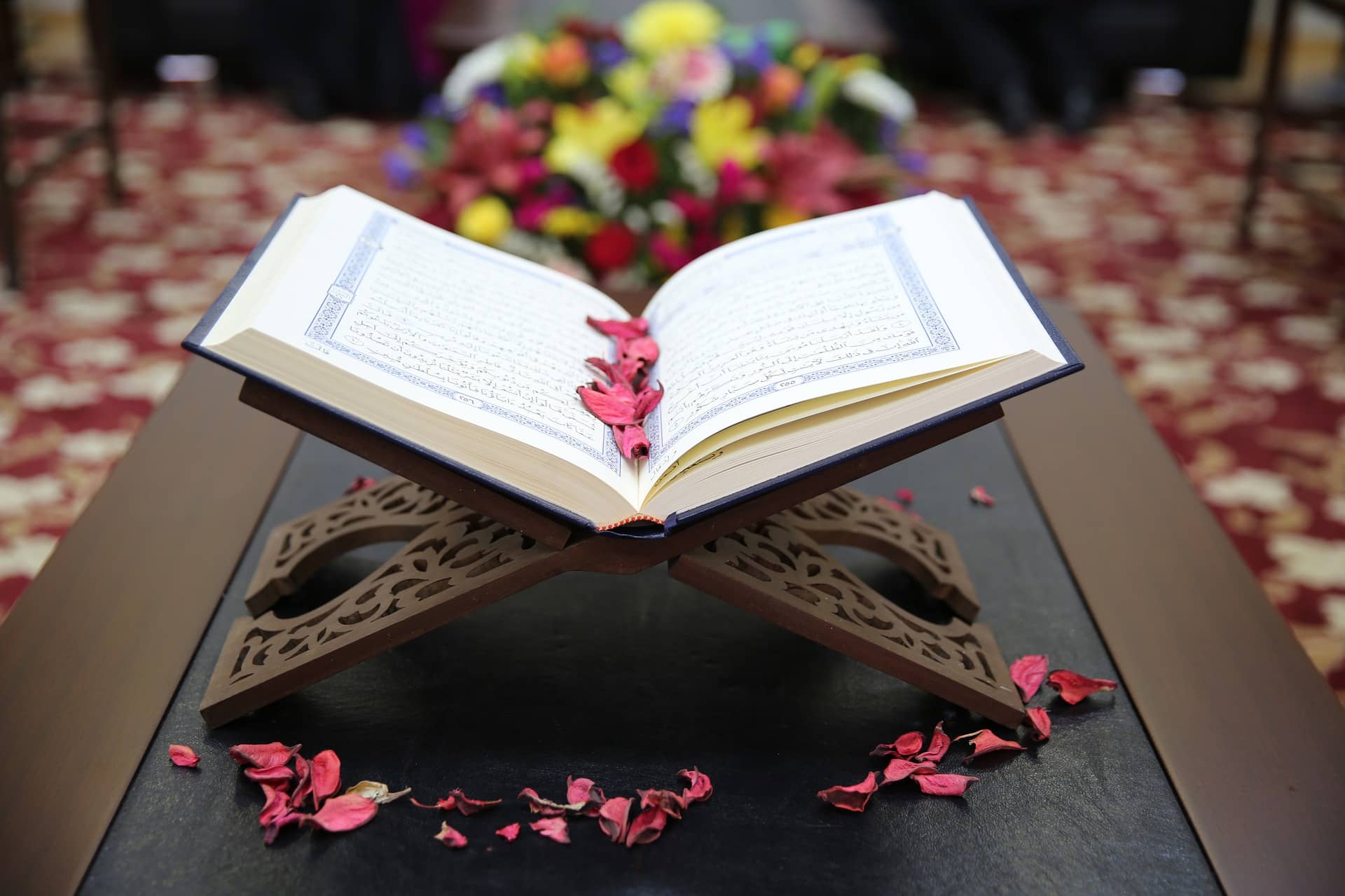Osama bin Laden, who has said that all American citizens are legitimate targets of holy warriors, represents a pernicious development in the world not only of Islam but also of Islamic fundamentalism. Its a departure from anything recognizable as Islamic.
What it betokens is a crisis of authority in Islam. Across the late modern world, the emergence of secularism, advanced by capitalist markets, has been accompanied by the dissemination of worldviews that are inimical to traditional religions. This situation has created crises for all these religions.
Across the board--in Islam as well as in Catholicism, Judaism, and Hinduism--the foundations for a coherent expression of religious authority beyond a very privatized realm have been undermined. Traditional religious leaders see their space becoming narrowed. Part of the fundamentalist reaction to this is that traditional authorities--in Islam, both the religious scholars and the political
leaders--are discredited and accused of not being sufficiently orthodox
or vigilant
It was interesting that when Osama bin Laden issued the fatwa that
called for death to all Americans, he referred to himself as a sheikh.
But he's not a sheikh, and he really has no authority to issue a fatwa.
He hasn't had religious training; he's a "layperson." He is thus
representative of the kind of fundamentalist free agents who do not feel
bound by the traditional schools of Islamic law.
What makes Islamic fundamentalism attractive to people?
Their moral critique is not entirely without merit. I recently read that
a high school in Texas is starting to clamp down on provocative
cheerleading poses. Women in our culture are too often projected as sex
objects, and at younger and younger ages. I'm not saying we have to be
puritans and I'm not a fundamentalist, but as a Catholic and as a father
of a daughter, I, too, get angry at the way women are treated and
fetishized in our culture. Many Americans are concerned about moral
standards in Western culture. Magnify that a hundredfold and you'll
understand some of the anger of fundamentalist Muslims.
Indeed, some scholars define fundamentalism as a patriarchal protest
movement. Fundamentalists feel that through the liberation of women the
customary role of the male is being threatened--their leadership of
traditional society, their ability to provide for their own families.
The slogan for the Islamic fundamentalist movement has been "Islam is
the solution. That may sound simple-minded, but it has great attraction
for many.
Do you see any hope for countering the appeal of Islamic fundamentalism from within Islam?
Yes. Islam is not monolithic. But I think the problem and the solution are really more structural and systemic than religious. One of the main problems resulting from the corrupt political leadership in many Islamic countries is that both the educational system and many social services are now provided by Islamic fundamentalists. In Egypt the government is not taking care of masses of people with medical problems, but the Islamist clinic down the street will, and it will also indoctrinate you.
When bin Laden hit the World Trade Center, the real goal was a dramatic throwing down of the gauntlet for all Muslims. His message from the cave mirrored what President George W. Bush said: You're either with us, or you're against us.
Fundamentalists seek to foster precisely such a crisis mentality; they want to force you to choose one identity, not multiple ones. Here is the line in the sand. We're in a crisis. What truth are you going to choose?

